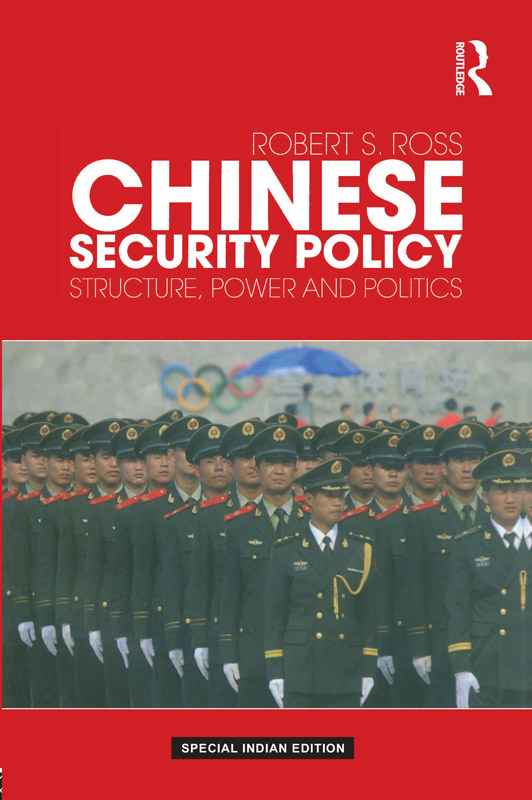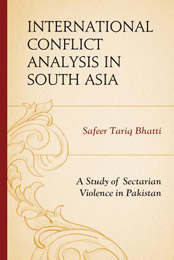Subjects
Chinese Security Policy: Structure, Power and Politics
Robert Ross
Acknowledgments
Introduction: Structure, power and politics in Chinese security policy
PART I
Great power politics and East Asian security
1. China learns to compromise: Change in U.S.- China relations, 1982-1984 (1991)
2. The geography of the peace: Great power stability in twenty-first century East Asia (1999)
3. The U.S.- China peace: Great power politics, spheres of influence, and the peace of
East Asia (2003)
4 Balance of power politics and the rise of China: Accommodation and balancing in East Asia
(2006)
PART II
Deterrence and coercive diplomacy in Chinese security policy
5. China and the Cambodian peace process: The value of coercive diplomacy (1991)
6. The 1995-96 Ta8iwan Strait confrontation: Coercion, credibility, and the use of force (2000)
7. Navigating the Taiwan Strait: Deterrence, escalation dominance, and U.S. –China relations (2002)
8. International bargaining and domestic politics: U.S. –China relations since 1972 (1986)
9. From Lin Biao to Deng Xiaoping: Elite instability and China’s U.S. policy (1989)
10. The diplomacy of Tiananmen: Two-level bargaining and great power cooperation (2001)
Notes
Index


 Political Science
Political Science


